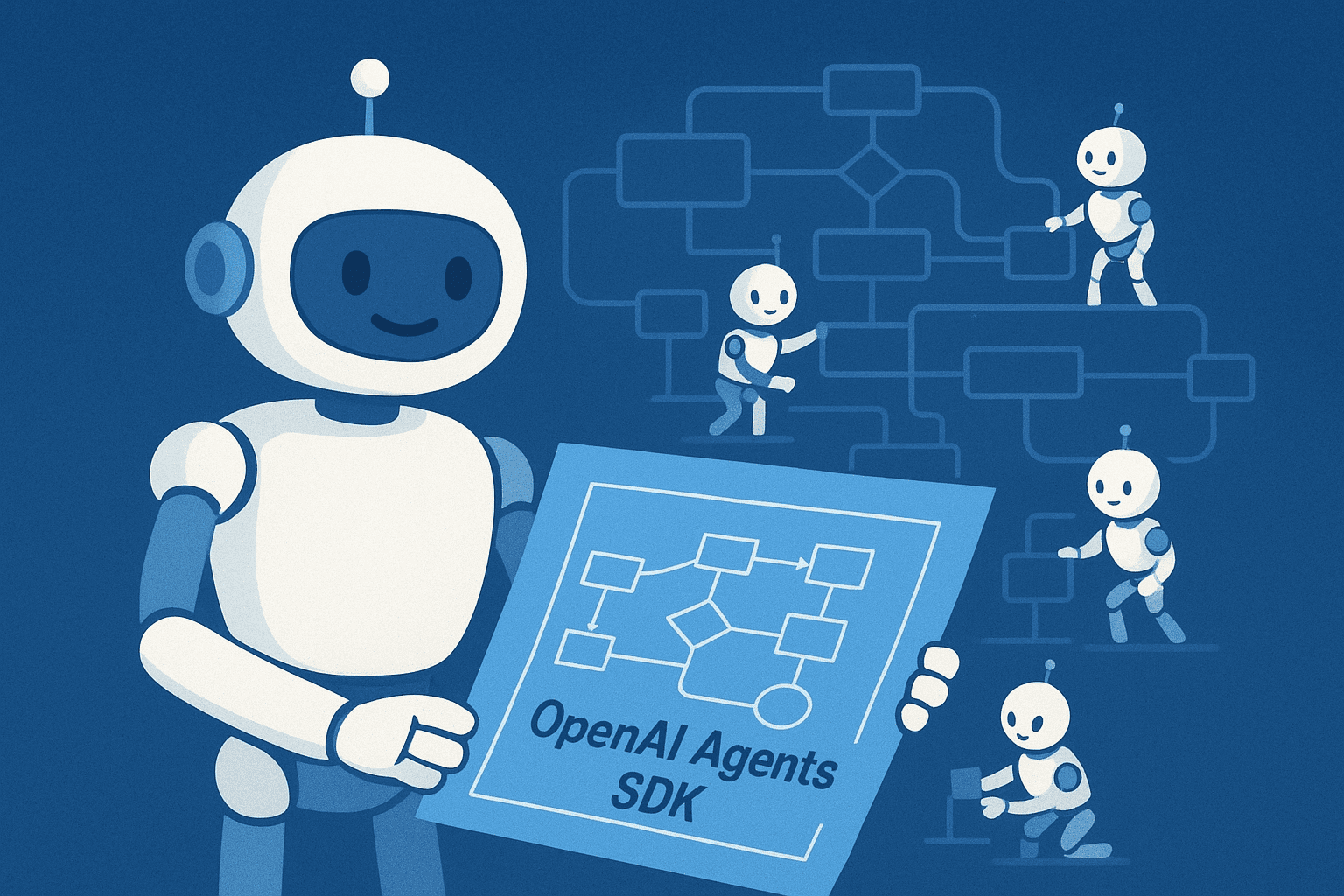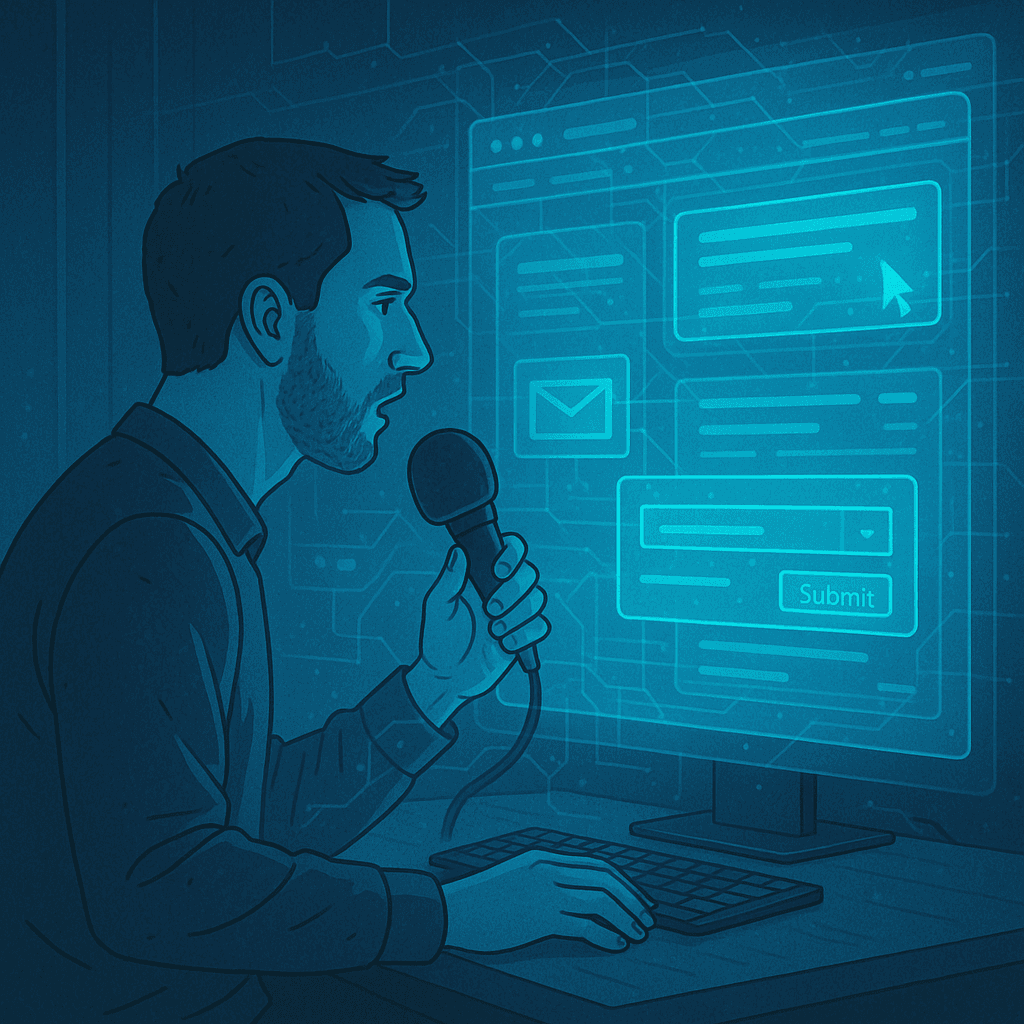I want to talk about something that's been quietly but radically changing the way we think about AI agents: the Model Context Protocol, or MCP. If you've been following the space, you've probably heard it called the "USB-C for AI"—and honestly, that's not just marketing. MCP is shaping up to be the universal plug for connecting AI models to the world of tools, data, and, increasingly, other agents.
So what is MCP, really? Anthropic introduced it in late 2024, and it's basically an open standard that lets AI agents connect to external tools, databases, APIs, and even other agents—all through a single, standardized protocol. Before MCP, every integration was a custom job. If you wanted your agent to create a Jira ticket, fetch weather data, or pull sensor readings from a greenhouse, you'd have to write a new connector for each one, and every AI model or app would need its own version. It was a mess—like the bad old days before USB, when every device had its own weird cable and nothing just worked.
With MCP, you get a universal interface. Tool providers—think Jira, Stripe, GitHub, or even your own home automation system—can expose their capabilities as MCP servers. AI agents (the clients) can discover, connect, and use these tools on the fly. It's like plugging a new device into your computer and having it "just work"—except now, it's your AI agent plugging into a global marketplace of specialized tools.
And that's where things get really interesting. As MCP adoption grows (the network effect takes effect), we're seeing the emergence of a global, standardized marketplace of MCP tools. Anyone can build and publish an MCP server. Maybe it's a tool for creating Jira IT tickets, a connector that fetches the current time in any city, or a server that pulls real-time sensor data from a greenhouse. But it doesn't stop there. Imagine tools that generate and file legal contracts for startups, connectors that scrape and summarize the latest research papers from arXiv, and even servers that interface with hospital EHR systems to pull anonymized patient data for research. Instead of spending weeks on infrastructure or custom pipelines, you just connect your agent to the right MCP servers, and you're off to the races.
This is already happening. There are open-source MCP servers for Google Drive, Slack, GitHub, Postgres, Stripe, and more. Companies like Vercel and Cloudflare are making it trivial to deploy your own MCP servers, and even Stripe is building payment flows for agents using MCP. The result? Developers and businesses can focus on crafting specialized AI functions—solving real problems—rather than reinventing the integration wheel every time.
What's wild is how this is shifting the value in the AI ecosystem. Instead of everyone building their own infrastructure, the real demand is for people who can craft specialized, high-value AI functions. Imagine tools that automatically generate and send personalized onboarding emails to new hires, connectors that fetch and analyze real-time stock prices and news sentiment for financial analysts, and servers that interface with smart city infrastructure to optimize traffic lights based on live sensor data. All of these can be published as MCP servers, instantly available to any agent that needs them. The infrastructure headache? Gone. Now, it's about who can build the smartest, most useful, or most creative tool—and push it to the MCP network for anyone to use. The "API economy" is about to be replaced by the "agentic tool economy," where the best tools win by being the most useful, not the most deeply integrated.
But here's where it gets really sci-fi. As more MCP tools come online, agents will start calling other agents, which in turn call more agents, forming a network of specialized problem-solvers. Need to solve a complex business workflow? Your agent might call a scheduling agent, which calls a data-fetching agent, which calls a payment agent, and so on. Imagine travel booking agents that, when asked to plan a trip, call a weather agent for forecasts, a visa agent for entry requirements, and a local events agent for recommendations. Imagine a manufacturing agents that, when optimizing a production line, call a supply chain agent for inventory, a maintenance agent for machine health, and a logistics agent for shipping estimates. Even in medical research, imagine agents that, when designing a clinical trial, call a patient recruitment agent, a data anonymization agent, and a regulatory compliance agent. The future? I genuinely think we'll see trillions of lightweight agents, each solving a specific task, with the ability to self-discover and call upon others when they hit a wall. It's like the internet of microservices, but for AI—except the "services" are autonomous, context-aware, and can collaborate in real time. The real magic will be in how these agents learn to route tasks, negotiate, and even "hire" each other for sub-tasks, all mediated by open protocols like MCP.
This isn't just a technical upgrade—it's a shift in how we build, deploy, and monetize AI. The barriers to entry are dropping fast. With MCP, a solo developer can build a tool that's instantly available to the world's AI agents. Enterprises can connect their internal systems to the agentic ecosystem without massive integration projects. And as the protocol matures, we'll see new business models emerge: marketplaces for MCP tools, paid access to premium agents, and even "agent app stores" where you can shop for the perfect workflow.
The momentum is real. Anthropic open-sourced MCP in November 2024, and it's already being adopted by Vercel, Cloudflare, Stripe, and dozens of open-source projects. Cloudflare now offers remote MCP server hosting, making it easy to deploy tools globally. Stripe's Order Intents API is designed for agent-driven commerce, and their MCP server lets agents handle payments and business logic. Vercel's AI SDK supports MCP out of the box, so any Next.js app can connect to the growing ecosystem of tools. Microsoft, Google, and even OpenAI are moving toward MCP compatibility, with SDKs and integrations in the works.
Security and permissions are built into MCP, with OAuth and granular access controls. The protocol is open, model-agnostic, and already has SDKs in Python, TypeScript, and Java. There's a push for a centralized MCP registry—think Docker Hub, but for AI tools—so agents can discover and trust new capabilities. Early adopters like Block, Apollo, and Raygun are already reporting huge efficiency gains and cost savings by standardizing on MCP. I wouldn't be surprised if, in a few years, we see "agentic supply chains" where a product launch agent orchestrates design, manufacturing, marketing, and logistics agents, each calling their own specialized sub-agents. And I fully expect to see "agent marketplaces" where you can buy, sell, or subscribe to specialized agent services, with usage metered and billed automatically.
If you're building in AI, keep your eye on MCP. It's not just another protocol—it's the foundation for a world where agents can connect, collaborate, and automate anything. The next time you see an AI agent do something magical, there's a good chance MCP is working behind the scenes.
Have you built or used an MCP tool yet? What do you think the future holds for this kind of open, agentic ecosystem? I'm genuinely excited to see where this goes.
Model Context Protocol (MCP): The USB-C Moment for AI Agents
How Anthropic's Model Context Protocol (MCP) is quietly becoming the backbone of the agentic AI era.
Aslan Farboud
6 min read



